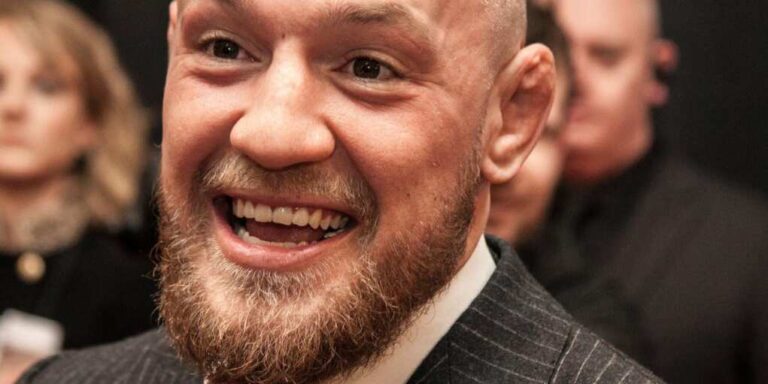
Conor McGregor isn’t just calling out opponents in the octagon anymore. He’s calling out Ireland’s political establishment—and he’s got the world’s richest megaphone behind him.
This week, Elon Musk threw his weight behind McGregor’s insurgent bid for the Irish presidency after reports that Prime Minister Simon Harris told Fine Gael councilors to stonewall independents from getting nominated. Musk slammed the move on X as a tyrannical attempt to smother voters’ choices, then delivered the line seen round Dublin: “Conor McGregor for President to save Ireland.”
That’s not subtle. It’s a shot across the bow of Ireland’s ruling class.
McGregor, who’s been flirting with a run for months, says the nomination process is rigged to keep outsiders out. Under current rules, a candidate needs endorsements from 20 members of the Oireachtas or four county councils just to appear on the ballot. In practice, party bosses hold the keys. No keys, no democracy.
So McGregor went around them. He launched a public petition and demanded a path for direct ballot access, arguing the people—not party machines—should decide who gets to run. He’s also sharpened a platform that cuts against Brussels-first groupthink, promising to oppose the EU Migration Pact and to restore a say for Irish citizens on immigration and sovereignty.
That message is connecting.
Musk and McGregor even FaceTimed recently, signaling this isn’t a casual “like” on social media—it’s an alliance. One brings global reach and a sledgehammer for stale narratives; the other brings name ID, relentless energy, and a brand built on fighting back when the odds are stacked.
Harris, meanwhile, looks rattled. Ordering party councilors to block independents doesn’t project confidence; it screams fear of the electorate. If the establishment truly believed McGregor was a non-threat, they’d welcome him onto the ballot and crush him in open debate. They’re not doing that. They’re barricading the doors.
McGregor’s critique isn’t just rhetoric. He quotes chapter and verse on the nomination rules, then makes the democratic case: give the people a say, at home and abroad, on who appears on the presidential ballot. Irish voters can smell a stitch-up a mile away, and this one reeks—especially when coupled with the government’s rush to lock in EU diktats over public objections.
The stakes go beyond one race. If Harris succeeds in choking off a candidacy backed by a massive grassroots show of support, the message to every Irish dissenter is clear: the elites choose your options; you just choose from them. If McGregor punches through, it detonates that cartel—forcing the old parties to fight on issues they’ve dodged for years: immigration, crime, cost of living, and national identity.
Critics will sneer that McGregor hasn’t fought in the cage since his injury and should stick to sports. That misses the moment. Politics worldwide is realigning. Outsiders are breaking in because insiders stopped listening. When families can’t afford housing, when public order slips, and when Brussels dictates while Dublin nods along, voters go hunting for a battering ram. McGregor is volunteering.
There’s a practical path here, too. Even if Fine Gael locks its councilors, McGregor can still court other county councils, independents, and smaller parties to hit the threshold. He can also keep building public pressure—every fresh signature on his petition makes it harder for local officials to explain a “no” vote back home. And if the rules themselves become the issue, he wins either way: on the ballot or as the man who exposed a crooked system.
Musk’s endorsement matters because it blasts this fight into the global conversation and raises the cost of establishment stonewalling. Harris can try to jam the door—but now the whole world is watching who’s on the other side.
